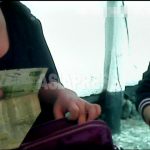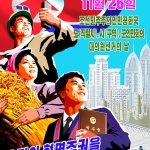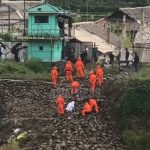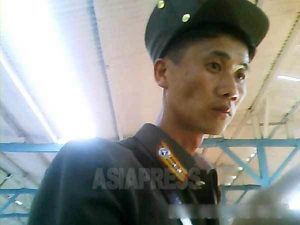
2018/Jan/8
◆Gasoline is 1.8 times more expensive than it is in Japan.
An ASIAPRESS investigation reveals that the price of fuel in North Korea has been sharply rising since the beginning of this year. (Kang Ji-won)
A reporting partner conducted the investigation across three locations in North Hamkyung and Yangang Provinces, from January 4 to 6.
According to our reporting partner, the cost of gasoline and diesel (1kg/KPW) is KPW 26,000 (KRW 3,200) and KPW 17,000 (KRW 1,500), the highest its been since the start of the economic sanctions on North Korea, in 2016. Gasoline, if converted to a liter system, has become 1.8 times more expensive than it is in Japan. The reporting partner told us, “There’s a rumor that the fuel will continue to rise.”
Sanctions resolution No. 2397 of UN Security Council set the export cap for refined oil products to North Korea at 500,000 barrels, on December 24, 2017. The cap meant a 90% decrease from that of 2016. However, it is becoming clear that illegal traders have filled the gap created by the international sanctions by cornering the market on fuel.
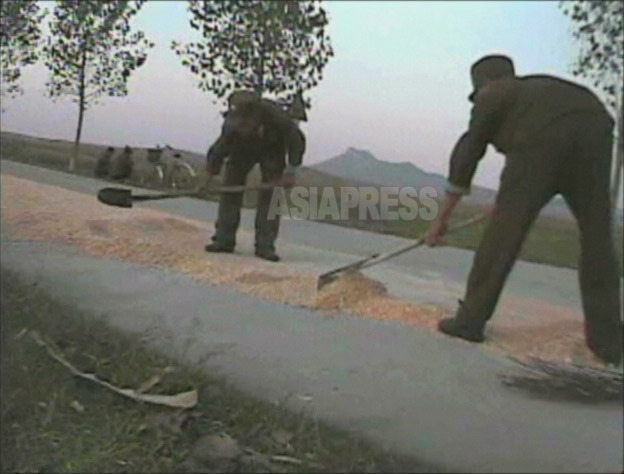
◆Fuel shortages force military to use oxcarts
Our reporting partner described the impact of the sanctions on fuel prices as follows:
“Soldiers arrived at the collective farm for the quota of harvested military provisions. But as there was no fuel for their vehicle, an officer and two soldiers had to stay behind to guard them. (North Hamkyung Province).”
“Originally, staple foods were supposed to be delivered from the collective farm by the supply office vehicle of the brigade headquarters. But soldiers from battalion came and took the produce away using oxcart and charcoal engine vehicles. (Yanggang Province)”
There is no report on the rise of consumer prices at the market.
*ASIAPRESS contacts its reporters through Chinese cell phones brought into North Korea.
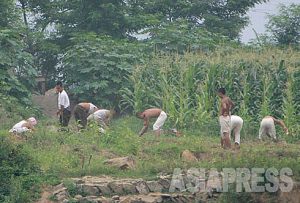
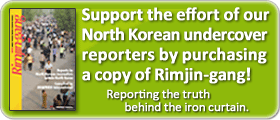 * Editor’s notes on North Korean reporters
* Editor’s notes on North Korean reporters
ARCHIVE(pdf) >>
DPRK MAP >>
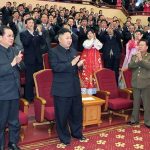
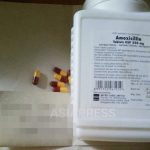
![[Video Report] North Koreans Forced To Provide Labor](https://www.asiapress.org/rimjin-gang/wp-content/uploads/2017/08/1111-150x150.jpg)
